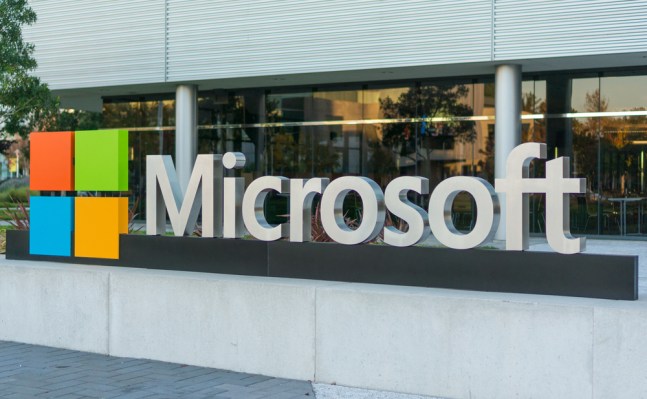Brad Smith, Microsoft’s president and chief legal officer, gave a passionate defense of encryption today, saying his company stood with Apple in its legal battle with the FBI. He made his remarks during a keynote address at the RSA security conference in San Francisco.
“There is no technology better than encryption,” Smith said. “Despite the best intentions, the path to hell begins at the back door and we need to make sure that encryption technology remains strong.”
Smith asserted that his company is going to defend its customers and it’s up to the government to make its case with a targeted individual or business instead of trying to do an end-around via the cloud vendor.
“We believe emphatically when the government wants to investigate a business, it should go to the business and not go to the cloud provider. It’s the way it’s worked for over two centuries. Cloud computing should not change that balance,” he said.
Smith also emphasized that when there was legal grounds to give up information, the company also took that legal requirement very seriously. In fact, in the aftermath of the Paris bombings last year it answered a variety requests for information on the suspected attackers.
“In the days and weeks after the Paris attacks, Microsoft received 14 lawful orders for people at large in Belgium. We were able to respond, determine they were lawful and turn the content over over [to the requesting law enforcement agencies] in under 30 minutes,” Smith told RSA.
He made it clear, however that a big issue today is that the law has failed to keep up with technology and that had to change. “We live in a world where some things improve with age and other things do not. Technology law does not improve with age,” he said.
He held up a 1912 adding machine, the same one he brought to his testimony before Congress last week to show that the All Writs Act, the case law the FBI is citing in the case over Apple encryption is over 200 years old and was last updated in 1911. That’s when the state of the art in technology was that adding machine.
He believes we can do better than that and it’s time for the law to catch up with technology and for us as a society to bring the law in line with the age of cloud and mobile computing. That’s going to involve some thoughtful debate and it’s going to require the technology community to come together, while “heeding timeless values and respecting fundamental rights,” he said.
“Technology keeps moving forward. Our job is to innovate. We can’t do it in a vacuum. We need to connect with the world and engage in public debate. The world will [continue to advance technologically] only if the law can catch up,” he said.

